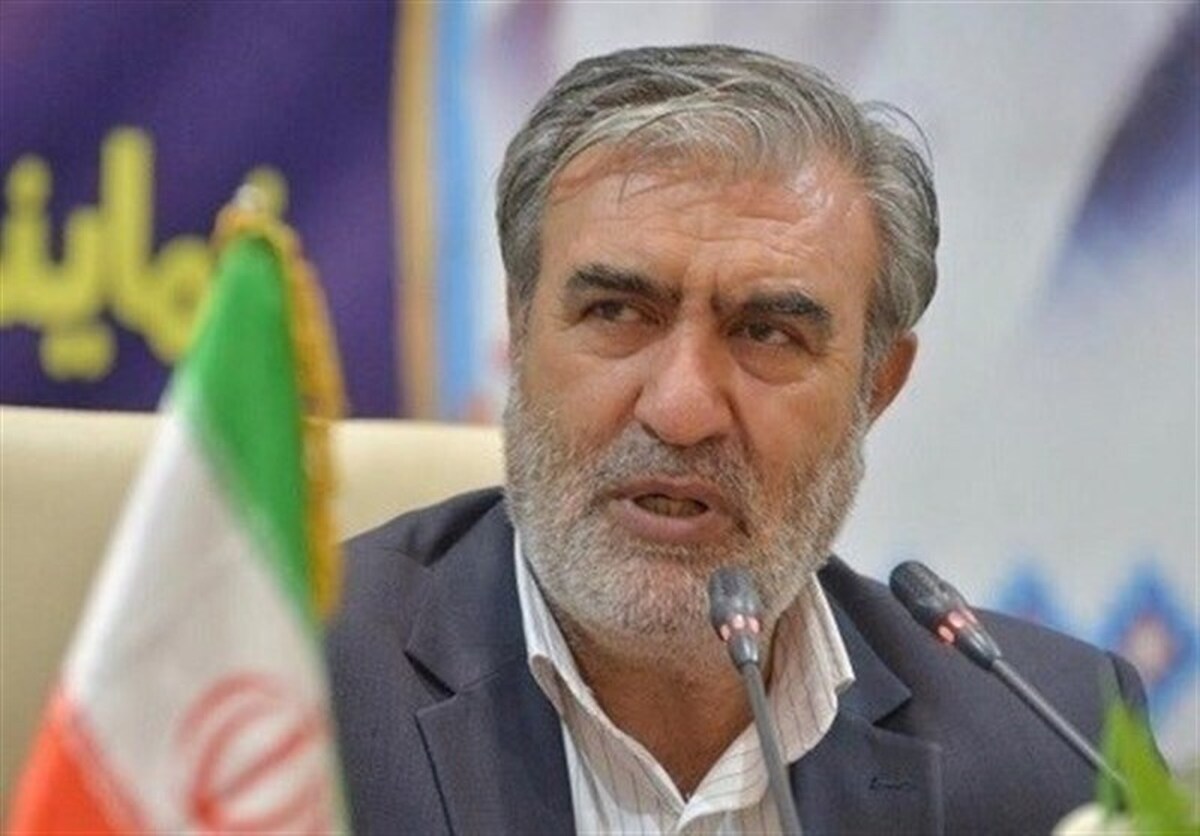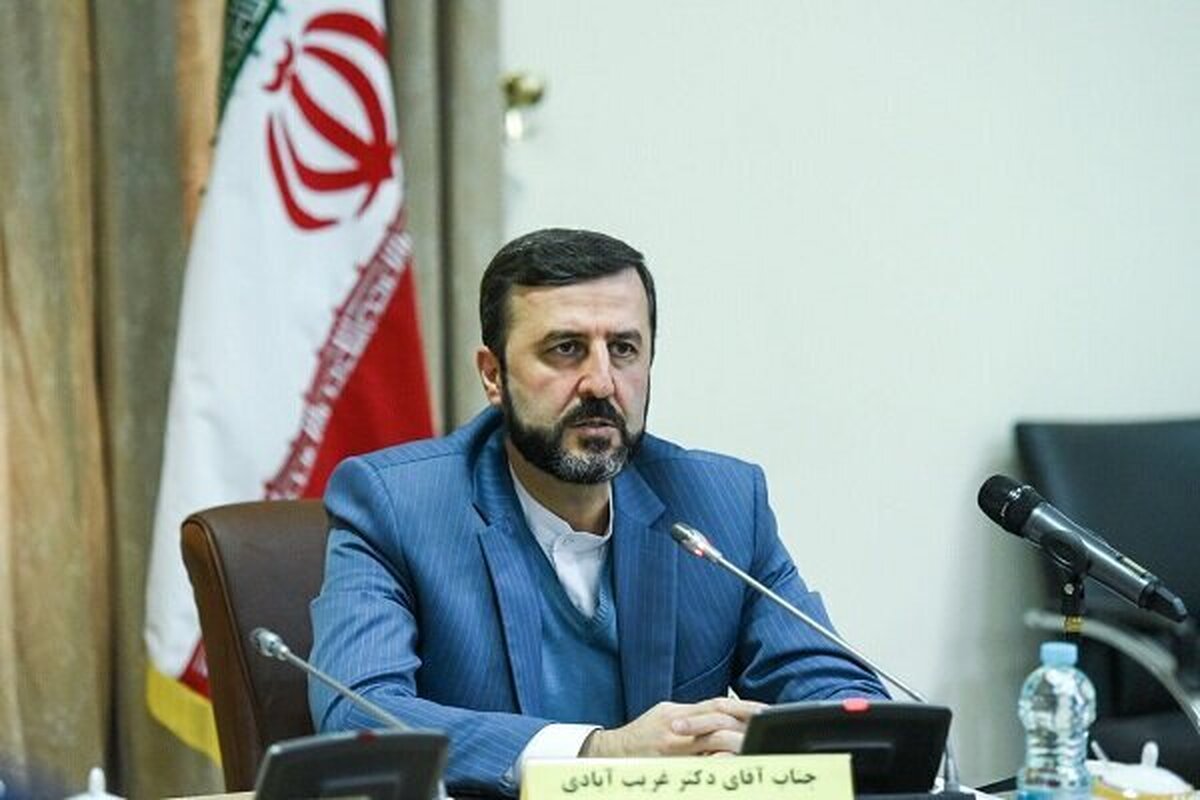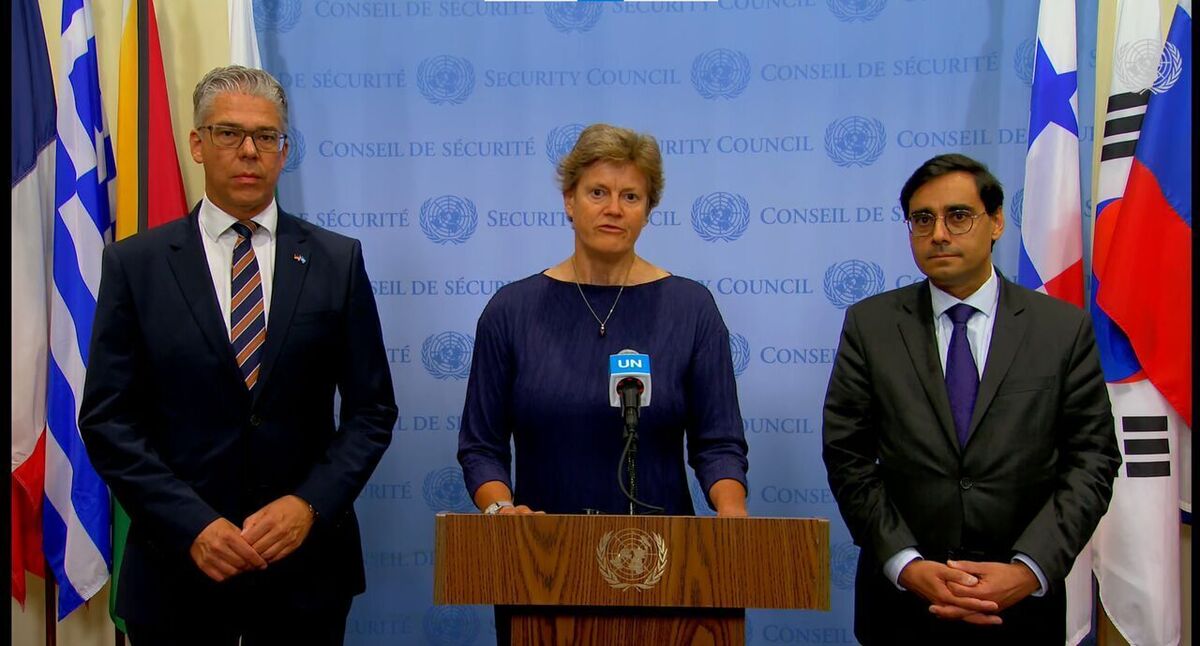
Hope for Diplomacy Would Delay Sanctions Snapback
EghtesadOnline: Europe is unlikely to trigger sanctions snapback because there is still room for diplomacy with Iran, says a political analyst, who believes that European warnings are meant to dissuade Tehran from further reducing its compliance with the nuclear deal.
"It seems that the European signatories to the nuclear deal are not going to use the snapback option unless the situation reaches a critical point and the doors of diplomacy are closed. We have not reached that point yet," Mohsen Jalilvand also told the Iranian Diplomacy website in a recent interview.
France, Britain and Germany said recently they would consider a dispute resolution mechanism enshrined in the 2015 Iran nuclear agreement that could lead to United Nations sanctions being reimposed as a result of Tehran's measures to scale back its nuclear commitments, according to Financial Tribune.
In response to US sanctions and Europe's inaction to save the deal, Iran has been surpassing the limits on its atomic activities step by step. It has promised more cuts in its commitments unless Europe acts, but says its measures are "reversible".
In the latest move, Iran began injecting uranium gas into centrifuges at the Fordow facility, which will considerably increase its enrichment capacity. The centrifuges had previously spun empty under the terms of the accord, formally known as the Joint Comprehensive Plan of Action.
Jalilvand says Europeans will refrain from taking an "extreme" measure such as quitting the pact or launching the sanctions snapback despite them being concerned about Iranian measures.
"Their warnings are meant to keep the Islamic Republic's nuclear activities under control and dissuade Iran from rolling back [all] its commitments under the deal," he said.
Politicization of Nuclear Issue
The expert in international affairs noted that the United States and Europe are seeking to "politicize" Iran's nuclear case at the International Atomic Energy Agency by creating a commotion about it.
"The parties involved are each doing their share of work and have coordinated their efforts to increase pressure on the Islamic Republic," he said, adding that this is what prompted Iran's envoy to the IAEA in Vienna, Austria, to warn against politicizing the issue.
He was referring to Kazem Gharibabadi who said recently that any attempt to prejudge and present a puerile assessment of the situation would be aimed at "distorting the facts for political gains".
Jalilvand also said Iran prefers to keep the nuclear deal alive and give diplomacy more time rather than pulling out of the agreement.
"Iran's preferred scenario is to salvage the deal by reducing its nuclear commitments and giving Europe and other concerned parties a chance to step up their diplomatic efforts. The Iranian government also wants to keep the agreement alive until the results of the 2020 presidential elections in the United States are announced," he said.
Iranian officials have repeatedly said they are not waiting for US elections to decide their next moves.




